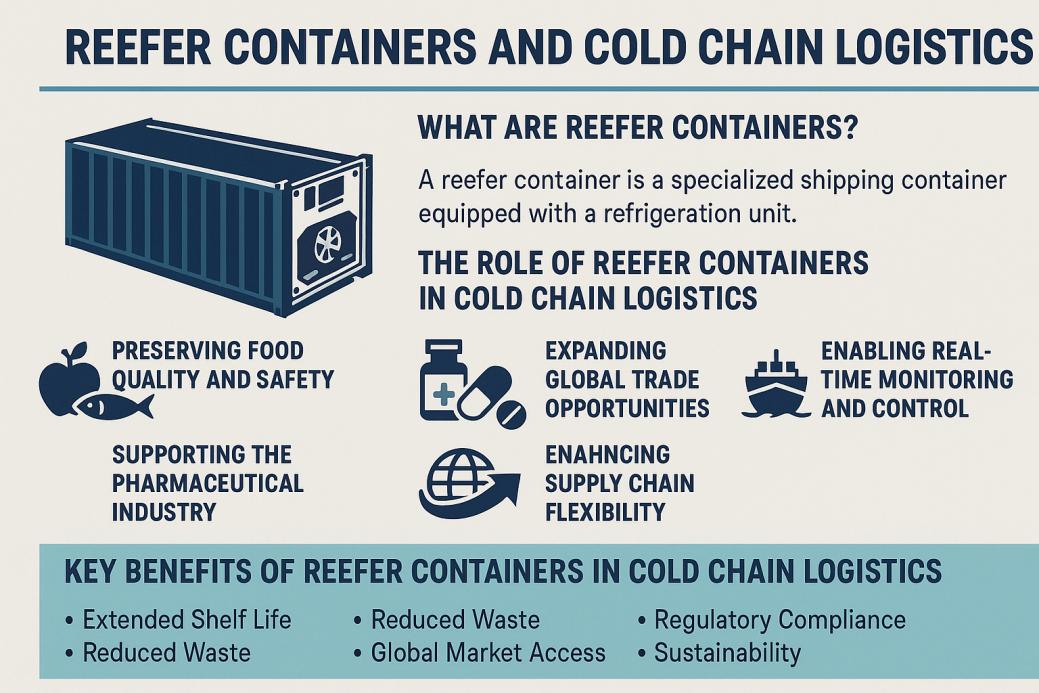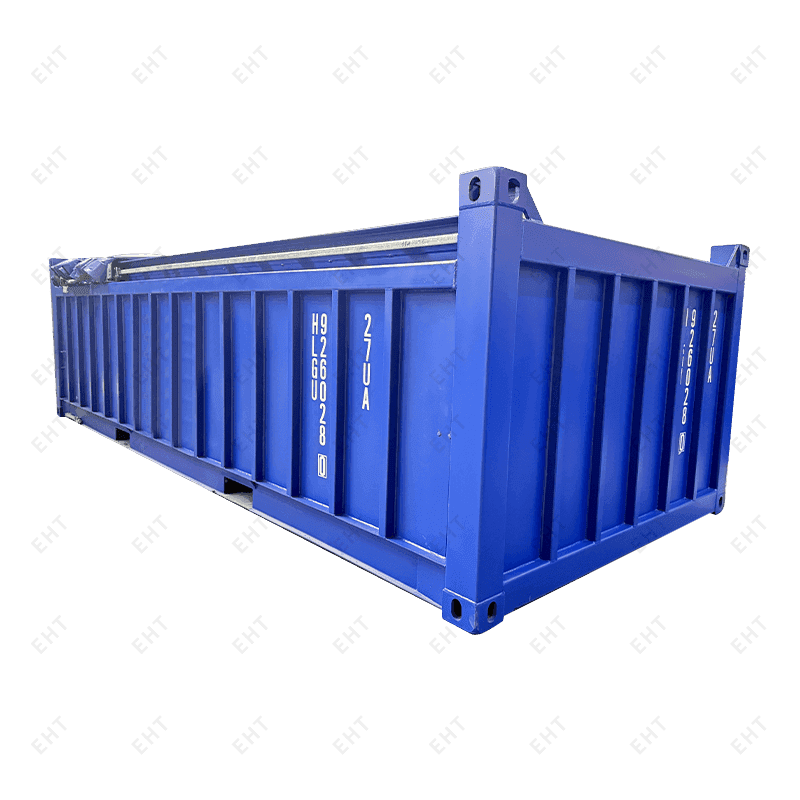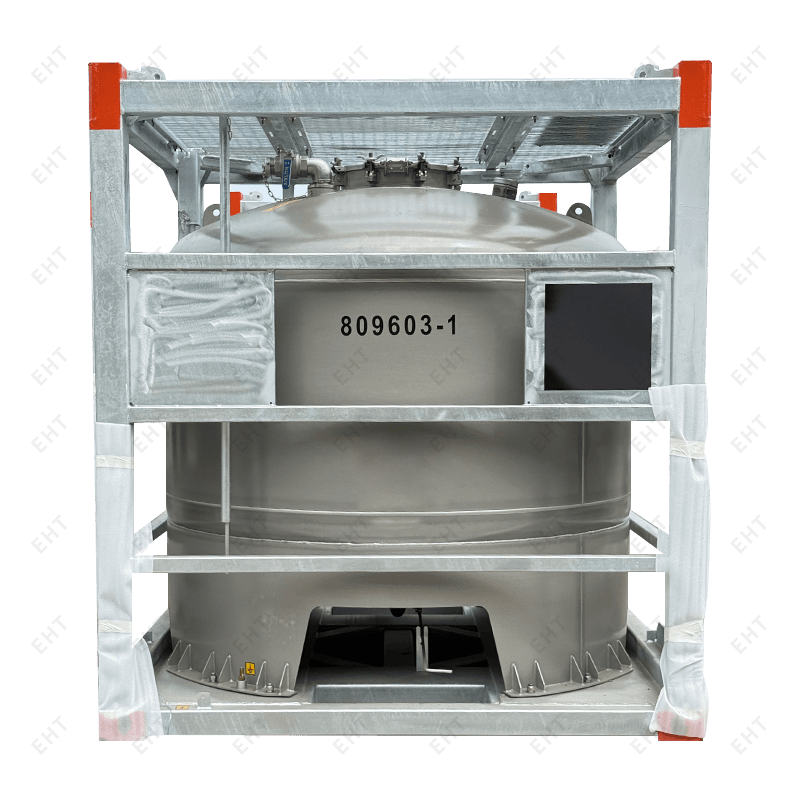Global trade relies heavily on the ability to transport perishable goods safely across long distances. From fresh fruits and vegetables to frozen seafood, pharmaceuticals, and specialty chemicals, maintaining precise temperature control is critical for preserving product quality. This is where reefer containers—refrigerated shipping containers—play a central role. They form the backbone of the cold chain logistics industry, ensuring that time- and temperature-sensitive cargo reaches its destination in optimal condition.
What Are Reefer Containers?
A reefer container is a specialized shipping container equipped with an integrated refrigeration unit. Unlike standard dry containers that only provide storage space, reefer containers actively regulate internal temperatures, typically ranging from -30°C to +30°C depending on cargo requirements. They are powered through external electrical connections on ships, trucks, or ports, making them suitable for global transport.
Their design includes advanced insulation, airflow systems, and temperature monitoring technology to ensure consistent conditions during transit. This makes them indispensable in industries where even minor temperature fluctuations can compromise product safety or value.
The Role of Reefer Containers in Cold Chain Logistics
Cold chain logistics refers to the transportation of goods under controlled temperatures, preserving their integrity from origin to end consumer. Reefer containers are at the heart of this system for several reasons:
1. Preserving Food Quality and Safety
Fresh produce, dairy products, meat, and seafood all have limited shelf lives and strict storage requirements. Reefer containers make it possible to transport these goods internationally without compromising freshness. By maintaining optimal temperatures and humidity levels, they help prevent spoilage and reduce food waste throughout the supply chain.
2. Supporting the Pharmaceutical Industry
Many medicines, vaccines, and biotech products are highly sensitive to temperature fluctuations. Reefer containers equipped with precise control and monitoring systems allow pharmaceutical companies to ship products worldwide while complying with strict regulatory standards. This has become even more critical with the global distribution of temperature-sensitive vaccines.
3. Expanding Global Trade Opportunities
Reefer containers enable exporters to reach distant markets by preserving product quality during long voyages. For example, tropical fruits from Latin America can be delivered fresh to Europe or Asia, and seafood from Norway can reach buyers in North America. This connectivity boosts international trade and creates new economic opportunities for producers.
4. Enhancing Supply Chain Flexibility
Because reefer containers are standardized in size and design, they can be easily integrated into existing shipping, trucking, and rail networks. This flexibility allows businesses to transport temperature-sensitive cargo through multimodal logistics systems without interruption.
5. Enabling Real-Time Monitoring and Control
Modern reefer containers are equipped with advanced sensors and telematics systems that allow operators to track temperature, humidity, and container location in real time. This enhances visibility across the supply chain and enables corrective action if deviations occur, reducing the risk of cargo loss.

Key Benefits of Reefer Containers in Cold Chain Logistics
* Extended Shelf Life: Maintains product freshness and safety for longer durations.
* Reduced Waste: Minimizes spoilage and damage, which lowers financial losses.
* Regulatory Compliance: Meets strict standards for pharmaceuticals, chemicals, and food products.
* Global Market Access: Facilitates trade in perishable goods across continents.
* Sustainability: By reducing waste and supporting efficient transportation, reefer containers contribute to more sustainable supply chains.
Challenges and Future Outlook
While reefer containers provide essential solutions, they also come with challenges such as high energy consumption, maintenance requirements, and the need for skilled handling. However, technological advancements are addressing these issues. New generations of reefer containers are more energy-efficient, environmentally friendly, and equipped with smart technology for predictive maintenance and enhanced cargo protection.
As global demand for perishable goods grows, the importance of reefer containers in cold chain logistics will only increase. They will continue to shape the way industries transport sensitive products, ensuring quality, safety, and reliability in international trade.
Conclusion
Reefer containers are not just shipping equipment; they are a cornerstone of the global cold chain logistics industry. By maintaining precise temperature control, they safeguard perishable goods, enable international trade, and support critical sectors such as food and pharmaceuticals. Their role in connecting producers to consumers worldwide makes them indispensable in modern supply chains, with a future that promises even greater efficiency and innovation.






